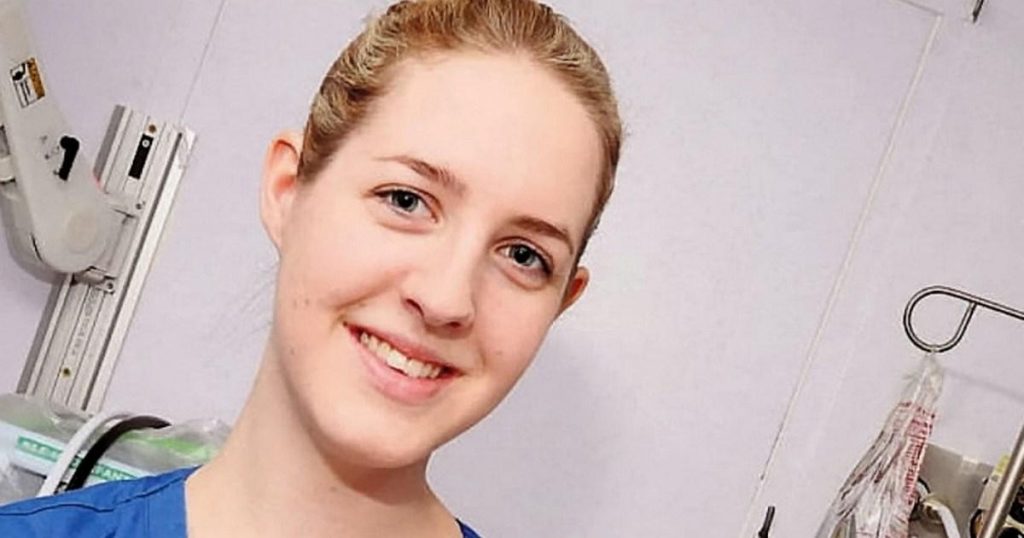The Lucy Letby Case: A Controversial Conviction and the Pursuit of a Retrial
In 2023, Lucy Letby, a former nurse at the Countess of Chester Hospital, was found guilty of murdering seven infants and attempting to murder six others under her care, receiving a whole-life sentence. The case shocked the nation and sparked widespread outrage, but now, a team of international medical experts, led by Conservative MP Sir David Davis, is challenging the conviction, presenting what they claim is "significant new medical evidence" that could exonerate Letby.
The core of Letby’s conviction rested on evidence suggesting she deliberately harmed the infants through various means, including injecting air into their bloodstream, causing fatal air embolisms. Prosecutors argued that these events were not naturally occurring and pointed to Letby’s presence as a common factor. However, the expert panel, which includes renowned neonatologist Dr. Shoo Lee, argues that the prosecution misinterpreted critical medical evidence, particularly concerning air embolisms in newborns. Dr. Lee, whose 1989 research paper on the subject was central to the prosecution’s case, now contends that his findings were misconstrued, potentially leading to a flawed understanding of the infants’ deaths.
The panel’s analysis also reportedly identifies alternative explanations for the deaths of several babies involved in the trial, suggesting that underlying medical conditions or other factors may have been overlooked. These claims, if substantiated, could cast doubt on the prosecution’s narrative of intentional harm inflicted by Letby. The panel’s findings are expected to form the basis of a renewed legal challenge to Letby’s convictions, focusing on the argument that crucial medical testimony presented at the trial was unreliable. This challenge will necessitate demonstrating that the new evidence is sufficiently significant to warrant a re-examination of the case.
Letby’s legal team, led by barrister Mark McDonald, plans to leverage Dr. Lee’s testimony to argue that the original trial’s medical evidence was fundamentally flawed. They contend that this undermines the foundation of the convictions and calls for a retrial. This sets the stage for a complex legal battle, pitting the expert panel’s interpretation of medical data against the original prosecution’s case. The outcome of this challenge could have far-reaching implications for the Letby case and raise questions about the reliability of medical evidence in criminal trials.
The Letby case has attracted considerable attention and scrutiny, not only for the horrific nature of the crimes but also for the complexities of the medical evidence presented. Sir David Davis, a prominent figure in British politics, has become a vocal advocate for Letby’s retrial, claiming that the "tabloid narrative" surrounding the case obscured crucial medical details. His involvement has added a further layer of controversy to an already highly sensitive case.
The upcoming presentation of the expert panel’s findings marks a crucial juncture in the ongoing legal battle. It remains to be seen whether the new evidence will be deemed sufficient to overturn Letby’s convictions or, at the very least, grant her a retrial. The case continues to highlight the critical role of expert testimony in legal proceedings and the potential for misinterpretation of complex medical data to have profound consequences.
A public inquiry into the events at the Countess of Chester Hospital is also underway, with findings expected later this year. This inquiry will delve into the broader context of the case, examining the hospital’s procedures and practices and investigating whether any systemic failures contributed to the tragic events. The inquiry’s findings will likely have significant implications for patient safety and hospital protocols, potentially leading to widespread reforms in neonatal care. The Letby case represents a complex and tragic chapter in British medical and legal history, with ongoing ramifications for both the individuals involved and the wider healthcare system.











